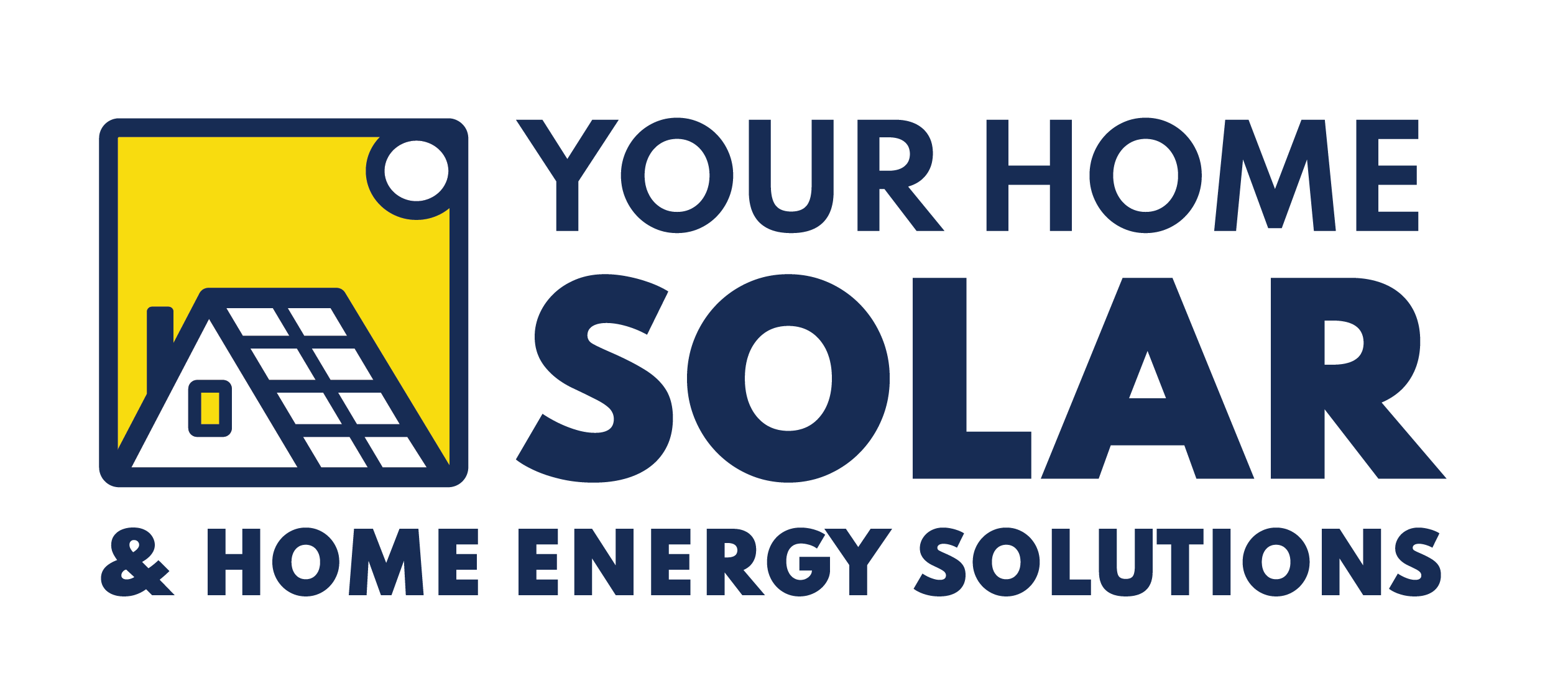When considering an investment in solar energy, one of the most common questions homeowners and businesses ask is, "How long do solar panels last?" Understanding the longevity and durability of solar panels is crucial for making an informed decision about installing a solar energy system. In this blog post, we will explore the factors that influence the lifespan of solar panels and what you can expect in terms of performance and durability over time.
Understanding Solar Panel Lifespan
Solar panels are designed to be highly durable and to withstand various environmental conditions, including harsh weather. The average lifespan of solar panels is typically between 25 to 30 years. However, many panels continue to produce electricity beyond this timeframe, albeit at a reduced efficiency.
Factors Influencing Solar Panel Durability
Several factors can influence the durability and lifespan of solar panels, including:
1. Quality of Materials
The quality of the materials used in manufacturing solar panels plays a significant role in their longevity. High-quality panels made with robust materials tend to have a longer lifespan and better performance over time.
2. Installation
Proper installation is crucial for the durability of solar panels. Panels that are correctly installed by experienced professionals are less likely to suffer from issues such as water damage, loose connections, or structural problems.
3. Maintenance
Regular maintenance can extend the life of your solar panels. This includes periodic cleaning to remove dirt and debris, as well as inspections to check for any potential issues. While solar panels require minimal maintenance, keeping them in good condition ensures optimal performance.
4. Environmental Conditions
The environment in which solar panels are installed can affect their durability. Panels installed in areas with extreme weather conditions, such as heavy snowfall, hail, or high winds, may experience more wear and tear. However, most modern solar panels are designed to withstand these conditions.
Performance Degradation Over Time
While solar panels are built to last, their efficiency does decrease slightly over time. This phenomenon, known as performance degradation, typically occurs at a rate of about 0.5% to 1% per year. After 25 years, a solar panel might still produce around 80% to 90% of its original output. This gradual reduction in efficiency is taken into account in the performance warranties provided by manufacturers, which often guarantee a certain level of performance for 25 years.
Warranties and Guarantees
Most solar panels come with two types of warranties: a product warranty and a performance warranty. The product warranty covers defects and failures, typically lasting between 10 to 25 years. The performance warranty guarantees that the panels will produce a specified percentage of their original power output after a certain number of years, usually 25. These warranties provide assurance that your investment in solar panels is protected over the long term.
Conclusion
Solar panels are a durable and long-lasting investment that can provide clean, renewable energy for decades. With an average lifespan of 25 to 30 years and minimal maintenance requirements, they offer a reliable source of electricity that can significantly reduce your energy costs. By understanding the factors that influence solar panel durability and taking steps to maintain your system, you can ensure that your solar panels continue to perform efficiently for many years to come. Investing in high-quality panels and professional installation will help maximize the longevity and performance of your solar energy system.

